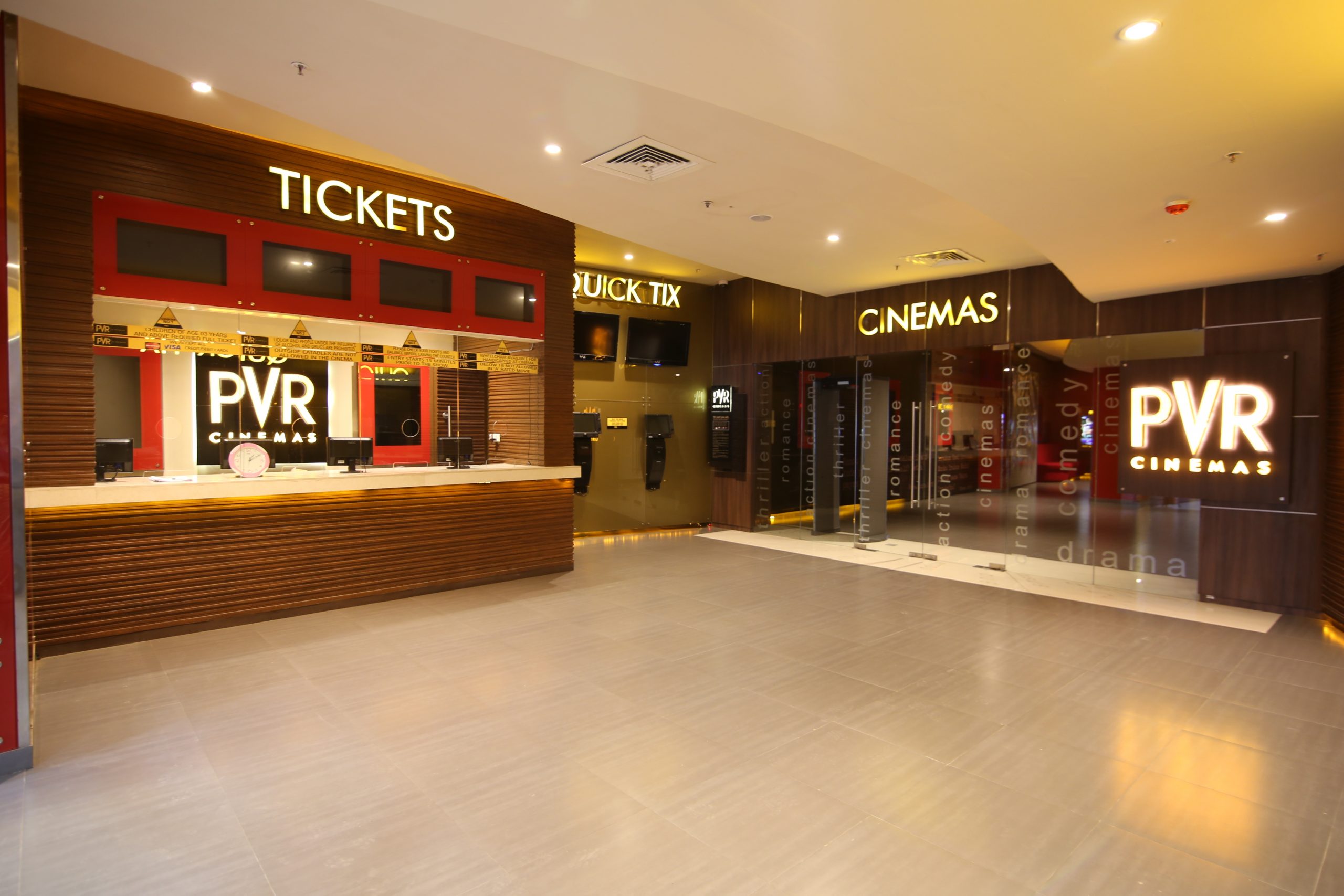"Time is Money" and dont pay to watch advertisements in theatres, says Consumer Court.

In a landmark decision that underscores the significance of consumer rights and the value of time, a Bengaluru consumer court has ruled against prominent cinema chains PVR Cinemas and INOX for subjecting audiences to prolonged pre-movie advertisements. The court's verdict mandates these cinema operators to transparently communicate actual movie start times and cease the practice of airing excessive ads beyond the scheduled showtime.
The Genesis of the Complaint
The case was initiated by Abhishek M R, a 30-year-old resident of Bengaluru, who experienced considerable inconvenience due to extended advertisements before a movie screening. In December 2023, Abhishek purchased three tickets through BookMyShow for the film "Sam Bahadur," scheduled to commence at 4:05 PM at a PVR INOX theater. Arriving punctually at 4:00 PM, he and his companions were subjected to a barrage of advertisements and trailers lasting until 4:28 PM, with the feature film commencing only at 4:30 PM. This unexpected delay disrupted Abhishek's meticulously planned schedule, which included returning to work post the movie. Feeling aggrieved by the unwarranted intrusion on his time, he filed a complaint against PVR Cinemas, INOX, and BookMyShow, alleging unfair trade practices and seeking redress for the inconvenience caused.
Court Proceedings and Observations
The Bengaluru Urban District Consumer Disputes Redressal Commission, presided over by President M Shobha and members K Anita Shivakumar and Suma Anil Kumar, undertook a thorough examination of the complaint. During the proceedings, Abhishek provided evidence by recording the advertisements played before the movie. PVR attempted to counter this by claiming that the recording violated anti-piracy laws. However, the court dismissed this argument, stating that Abhishek had only recorded the commercials and not the film itself. The court emphasized the inviolable value of time, stating, "In the new era, time is considered as money; each one's time is very precious. No one has the right to gain benefit out of others' time and money." The commission further noted that subjecting patrons to 25-30 minutes of unsolicited content is a significant imposition, particularly for individuals with tight schedules. The court also highlighted that while public service announcements (PSAs) are mandated by the government, their duration should not exceed ten minutes and must not encroach upon the advertised movie start time.
Judgment and Directives
In its ruling dated February 15, 2025, the consumer court issued several directives aimed at safeguarding consumer interests and ensuring transparency in cinema operations:
- Compensation to the Complainant: PVR Cinemas and INOX were ordered to pay Abhishek ₹20,000 as compensation for the mental agony and inconvenience caused by the delayed movie start. Additionally, ₹8,000 was awarded to cover the costs incurred in filing the complaint.
- Punitive Damages: Recognizing the broader implications of the unfair trade practices, the court imposed a punitive fine of ₹1 lakh on PVR Cinemas and INOX. This amount is to be deposited into the consumer welfare fund within 30 days, serving as a deterrent against future violations.
- Operational Directives: The cinema chains were instructed to clearly display the actual start time of movies on tickets and related materials, excluding the duration allocated for advertisements. Furthermore, they were directed to cease the practice of airing advertisements beyond the scheduled showtime, ensuring that patrons are not subjected to unexpected delays.
The court absolved BookMyShow of any liability, acknowledging that, as a ticketing platform, it does not exercise control over the scheduling of advertisements or the actual commencement of films.
Industry Implications and Reactions
This judgment has far-reaching implications for the cinema exhibition industry in India. It challenges the longstanding practice of monetizing captive audiences through extended advertisements, often at the expense of viewer convenience and satisfaction. By mandating transparency in show timings and limiting pre-movie advertisements, the ruling seeks to realign industry practices with consumer rights and expectations.
Consumer rights advocates have lauded the decision, viewing it as a significant step toward holding corporations accountable for practices that prioritize profits over consumer welfare. They argue that the ruling reinforces the principle that businesses must operate with transparency and respect for their patrons' time and choices.
Conversely, representatives from the cinema industry have expressed concerns. They contend that revenue from advertisements constitutes a substantial portion of their income, enabling them to offset operational costs and keep ticket prices accessible. Some industry insiders argue that a reduction in advertising revenue could necessitate an increase in ticket prices or a compromise in service quality.
Legal experts suggest that while the ruling is a victory for consumers, its implementation may present challenges. Cinema operators might need to renegotiate contracts with advertisers and adjust their scheduling practices to comply with the court's directives. Additionally, there may be appeals or requests for clarification, potentially leading to further legal proceedings.
Broader Context: Advertising Practices and Consumer Rights in India
The case of Abhishek M R against PVR Cinemas and INOX brings to the forefront the broader issue of advertising practices and consumer rights in India. Misleading advertisements and the imposition of unsolicited content have been persistent concerns, prompting regulatory bodies to take action.
In recent years, there has been a concerted effort to curb misleading advertisements across various media platforms. The Supreme Court, in the case of Indian Medical Association vs. Union of India (2022), directed advertising agencies to furnish self-declaration certificates to competent authorities before the publication or broadcast of content. This measure aims to ensure that advertisements are not deceptive and do not mislead consumers. The Ministry of Information and Broadcasting, in compliance with this directive, mandated that advertising agencies upload these self-declaration certificates on designated portals prior to disseminating content. This regulatory framework seeks to enhance accountability and protect consumers from false claims and exaggerated representations.

CONTACT US
2024 IP Popcorn, Inc. All rights reserved.